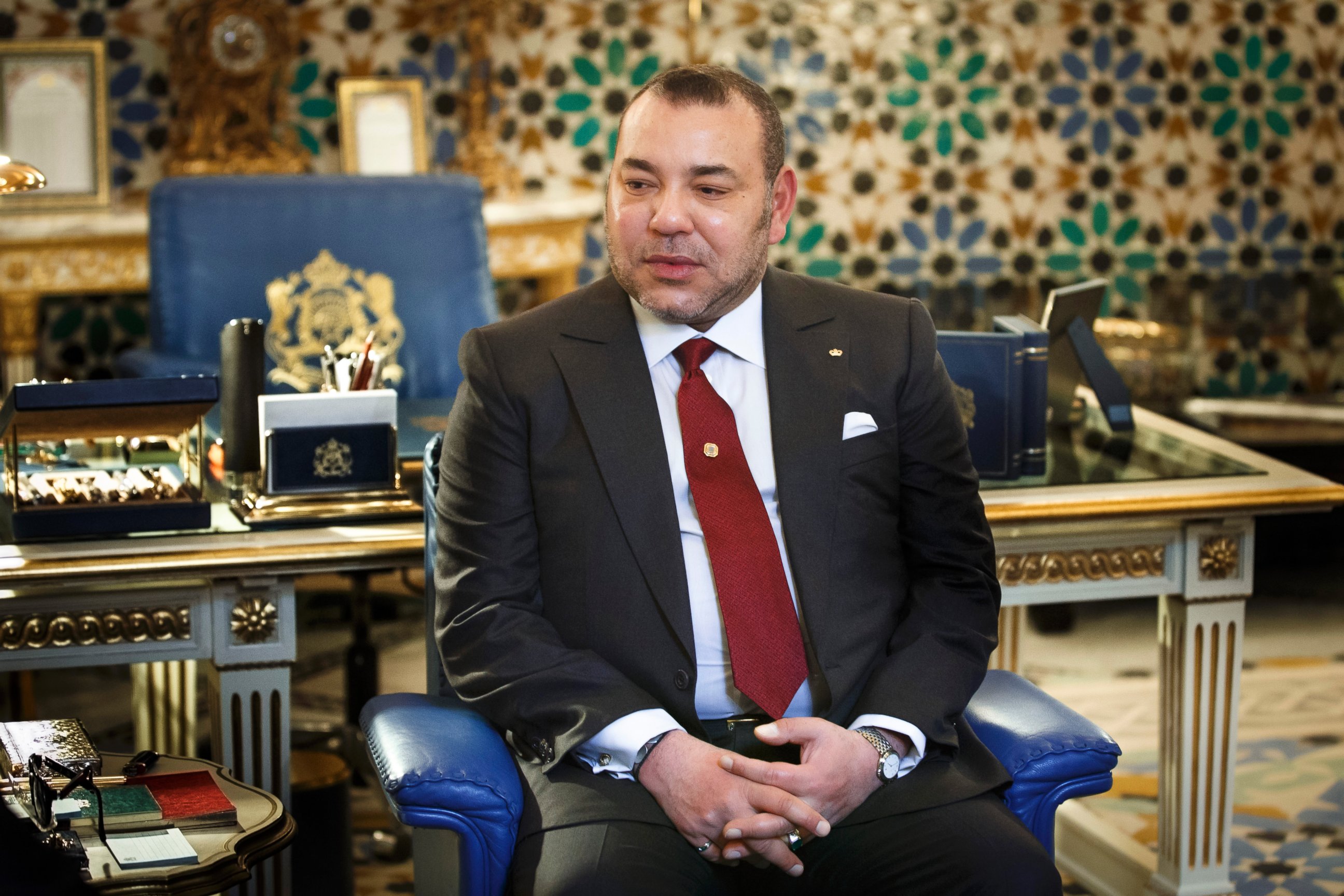Amid Human Rights Concerns, Bill Clinton Thanks Moroccan King
King Mohammed VI "called me and said we could all come back anytime," Bill said.
— -- In front of a cheering audience on the final day of the Clinton Global Initiative Middle East and Africa Meeting, former President Bill Clinton publicly thanked his host King Mohammed VI of Morocco.
“[He] just called me and said we could all come back anytime. He was very pleased we were all here,” Clinton said closing out today’s final panel session.
The Moroccan monarch was first on Clinton's thank you list today, following up with thanks to the Moroccan government and "particularly all the ministers who were so generous with their time.”
King Mohammed VI was initially rumored to be involved in this week’s meeting, but did not appear on the press schedule that was circulated earlier this week.
The country has a rocky human rights record -- but no one mentioned that this week as the former president, his daughter Chelsea and hundreds of Clinton Foundation donors and supporters soaked in the scenery at two five-star golf resorts just outside of Marrakech.

Moroccans from both the public and private sector were well represented at this week’s panels, including the country’s wealthiest person, Othman Benjelloun, whose bank BMCE is sponsoring this week’s event as well as the CEO of state-owned mining company, Office Cherifien des Phosphates, or OCP whose sponsorship of the event was first reported by Politico.
OCP operates in disputed international territory in a remote part of the Saharan Desert and the firm has been criticized for removing the resources without adequately compensating the impoverished people who live there.
Reportedly paying $1 million to help host the prestigious event and throw a lavish cocktail party, criticism has been swift and harsh from human rights activists.
"Any time the human rights of a population are systematically suppressed in this type of way it's a serious concern, and I think it's worthy of attention,” David McKean told ABC News' investigative unit, who has studied the issue for the Robert F. Kennedy Center for Justice and Human Rights.
In this year’s World Press Freedom Index, Reporters Without Borders’ 2015, ranked Morocco 130 out of 180 countries and Human Rights Watch paints an equally dismal picture of the country’s civil liberties.
In a report earlier this year, the organization writes that in spite of Morocco’s constitution incorporating strong human rights provisions, "these reforms have not led to improved practices, the passage of significant implementing legislation, or the revision of repressive laws."
ABC News' Matt Mosk and Brian Epstein contributed to this report.




